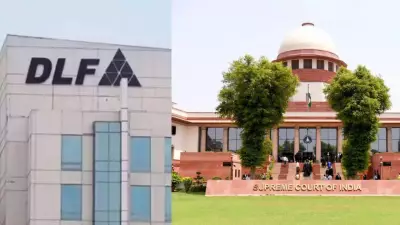
In a verdict that has sent ripples through corporate India, a Gurgaon court has delivered a split judgment in the high-profile fake medical prescription case involving former IREO CEO Ramesh Sanka. The former real estate executive finds himself at the center of a legal storm with contrasting outcomes on different charges.
The Core of the Case: Medical Documents Under Scrutiny
The case revolved around allegations that Sanka utilized fabricated medical prescriptions to support his claims. The prosecution argued that these documents were manufactured to deceive and gain unlawful advantages, leading to two primary charges: cheating and forgery.
Court's Dual Decision: Conviction and Acquittal
In a surprising turn of events, the court reached different conclusions on the two main charges:
- Cheating Conviction: The court found Sanka guilty under Section 420 of the Indian Penal Code for cheating, accepting the prosecution's argument that he deliberately used fake prescriptions to deceive.
- Forgery Acquittal: In a significant relief for the former CEO, the court acquitted him of forgery charges, indicating insufficient evidence to prove he created the fraudulent documents himself.
Legal Implications and Industry Impact
This case highlights the growing scrutiny of corporate governance practices in India's real estate sector. The conviction for cheating while being acquitted of forgery creates an interesting legal precedent that may influence similar cases in the future.
The real estate industry, particularly in the National Capital Region, has been closely watching this case given IREO's significant market presence and the broader implications for corporate accountability.
What Comes Next?
With the conviction for cheating, Sanka now faces potential sentencing and legal consequences. Legal experts suggest that the split verdict might lead to appeals from both sides, potentially prolonging the legal battle.
The case serves as a stark reminder to corporate leaders about the importance of maintaining transparency and ethical standards in business practices, especially when dealing with documentation that could be subject to legal scrutiny.





